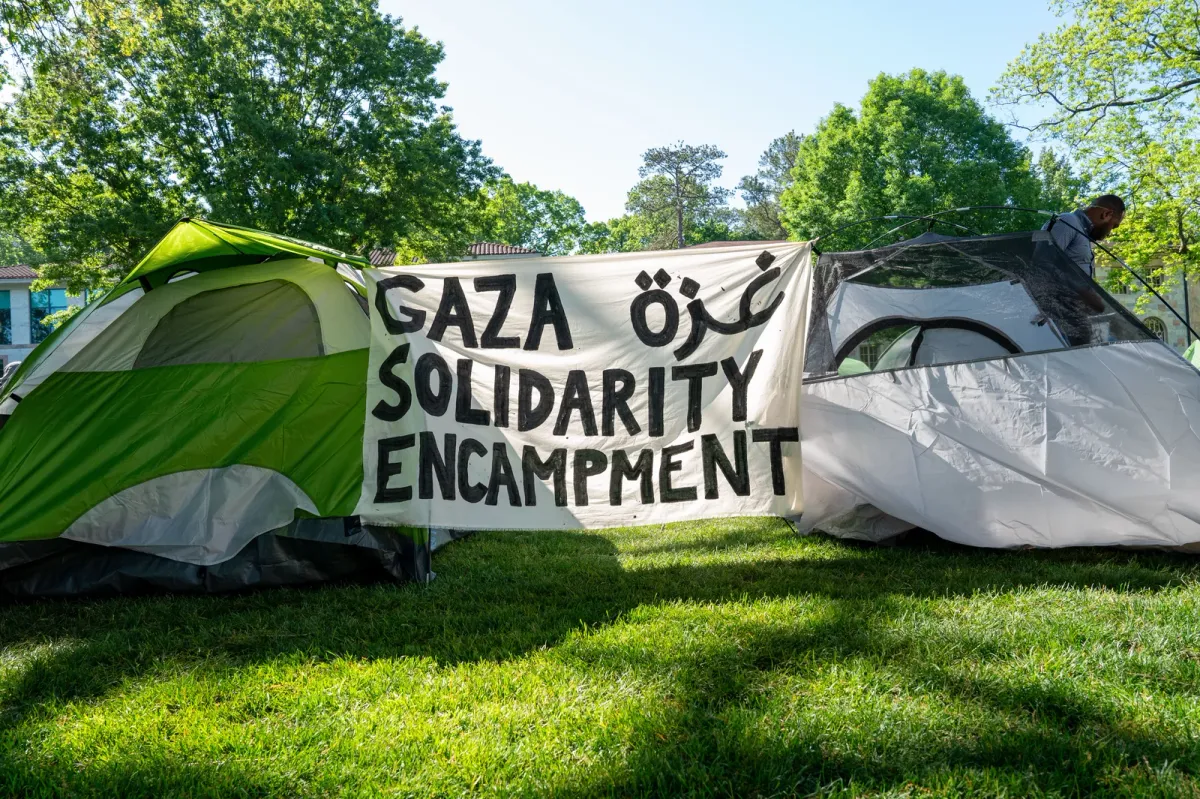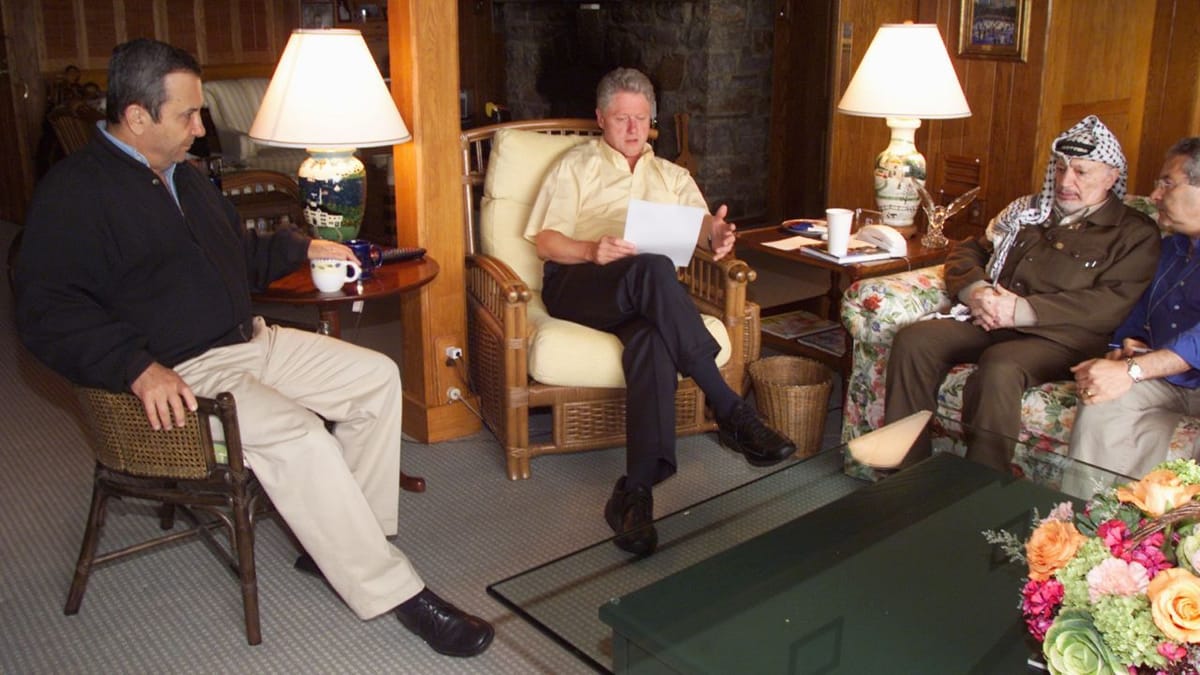Dispatch from Palestine: the Burin greenhouses
• public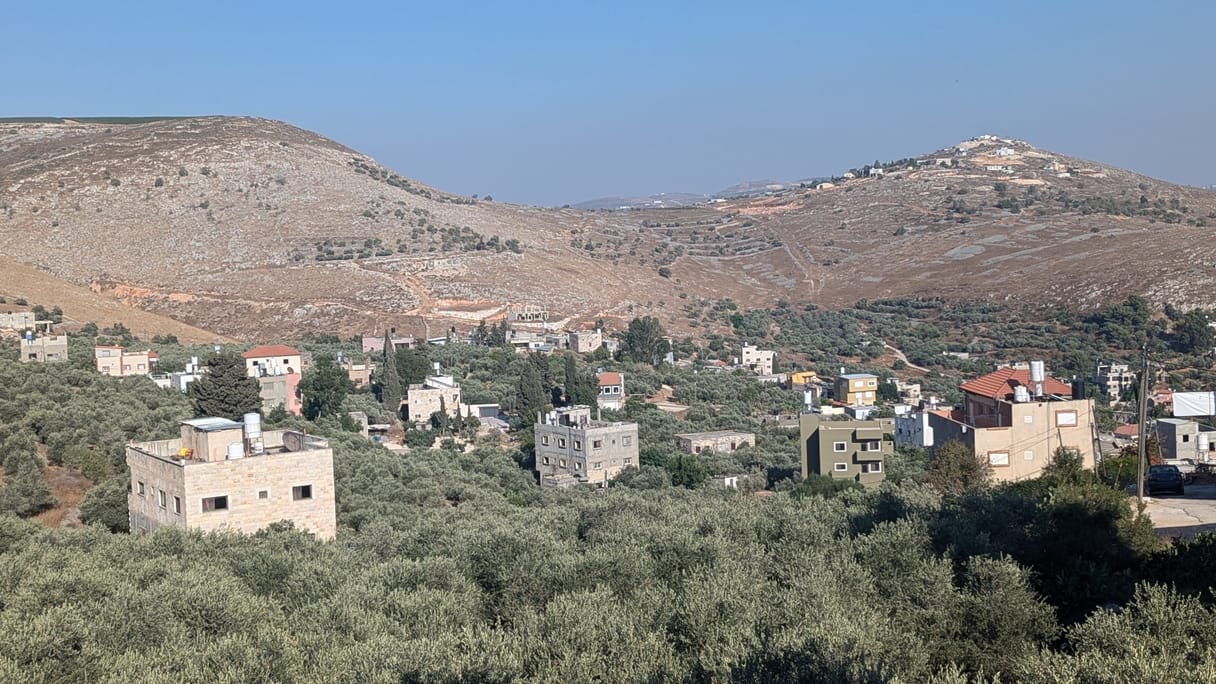
Some context
Since the Oslo Accords of the 1990s, the West Bank has been divided into three areas. Area A covers all large Palestinian towns and cities, and is fully administered by the Palestinian Authority (though in practice, the IDF conducts regular raids and incursions into Area A). In Area B, which covers hundreds of villages and some farm land around large cities, the Palestinian Authority has control over civilian affairs (construction planning, education, health, etc) while Israel has control over security matters. Area C covers most of the West Bank’s agricultural land and dozens of rural communities. In Area C, according to the Oslo Accords, Israel has full control over both civilian and security affairs. Palestinians aren't allowed to build in Area C without a permit granted by Israeli authorities—who reject 99% of permit applications by Palestinians.
Area C, which makes up 61% of land in the West Bank, is also where Israel builds its settlements and where settlers establish outposts. Over the years, Area C became more than a simple administrative district: it has become central to the Israeli far-right narrative on taking over, settling, and judaizing as much land as possible with the objective of fully annexing the territory. Settlers call this the “battle for area C”.
Burin greenhouses
For the past week, I’ve been staying in the village of Burin, on the outskirts of Nablus in the Northern West Bank. It is a beautiful place, full of olive trees and old stone homes.
Most of the village is located within Area B, but the greenhouses of the village's farming co-op are located on the other side of the main road, in Area C.
On the hill just above the greenhouses is the outpost of Yitzhar, with some of the most extreme and violent settlers in the West Bank (these are the same settlers who launched a full-fledged pogroms against the neighboring town of Huwara in February 2023). These settlers regularly come down to harass villagers or prevent farmers from working the fields.
Since October 7th, settler violence and harassment have dramatically increased in frequency and intensity. Settlers have regularly occupied the farm, sometimes firing live bullets on the greenhouses while farmers were working inside. Last month, settlers again attacked, and after villagers reached the farm to stop the damage, the Israeli army arrived and declared the farm a "closed military zone."
Closed military zones give the army the right to arrest or kill anyone who enters the area and are common tools used by the Israeli army to arbitrarily restrict Palestinian freedom of movement. Closed military zones are usually established for 24 hours, but after October 7th an emergency security law was passed that gives the Israeli army the right to extend the closed zones indefinitely. Palestinians have little recourse and can only wait until the closed military zone is lifted, which for farmers means losing access to their fields—and their livelihood. It is under this security law that Burin farmers were unable to access their greenhouses for three weeks.
To enforce this closed military zone, the Israeli army has on some days occupied the farm from 6 to 9am, the prime farming hours before it gets too hot. On days where the army wasn’t occupying the farm, farmers feared that settlers would see them and call the army on them, and so didn't even attempt reaching the farm. The army had also damaged the greenhouses’ irrigation system to make farming impossible.
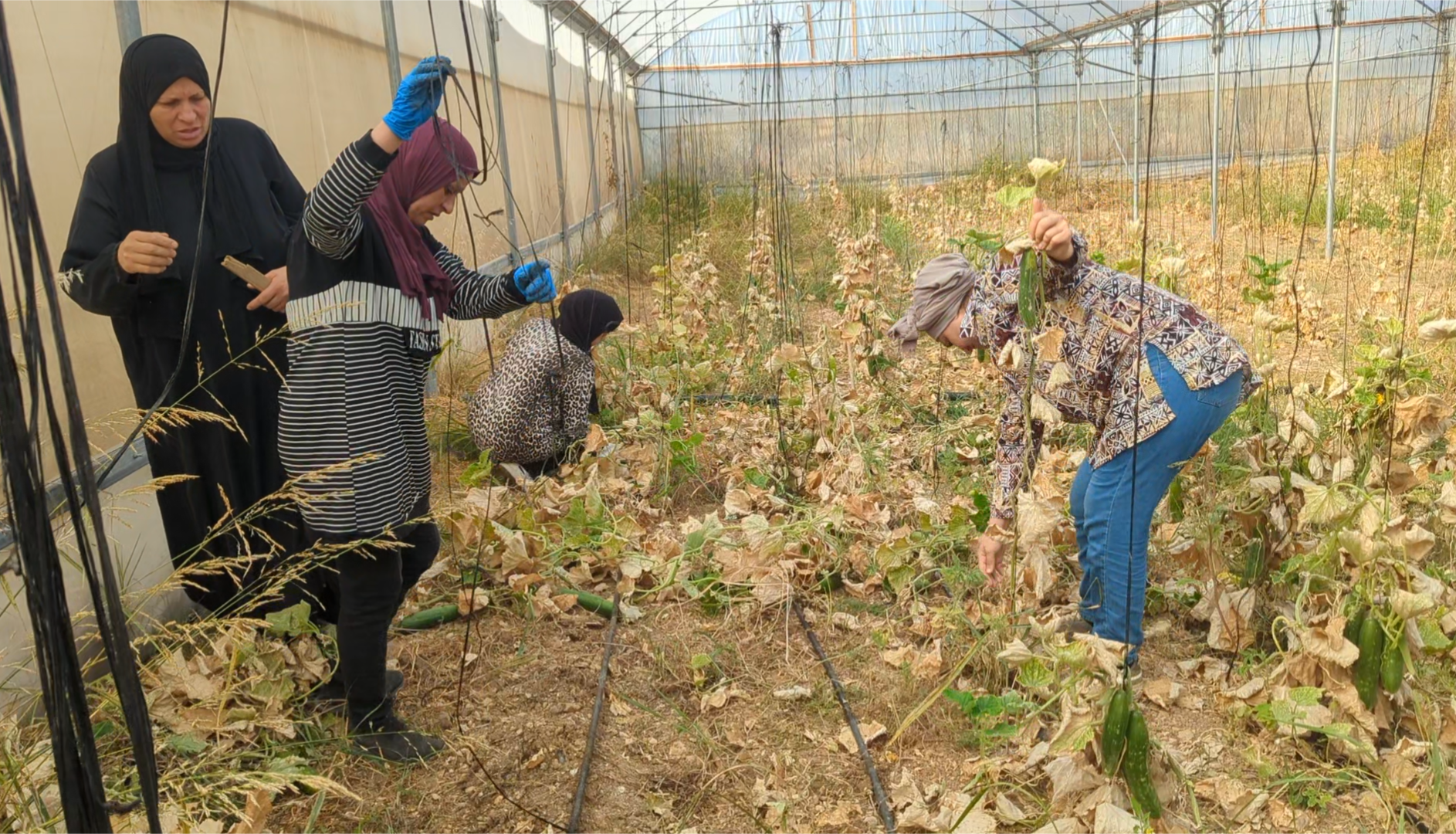
Yesterday, farmers asked us (solidarity activists from abroad) to go to the farm with them. The hope was that our presence—and our phone cameras—would act as somewhat of a deterrent for the settlers and army, who would feel less free to mistreat the farmers and so blatantly infringe on their right to work their land.
Bringing us in seems to have worked, at least for the time being: we spent a few hours on the farm (and took advantage of being there to lend a hand to the farmers) and didn't face any attack from either settlers or army. The cucumber harvest was destroyed, as expected after lacking irrigation for three weeks in the middle of summer. But after this initial return to the greenhouses, farmers are hoping that the Israeli army will simply let them be. This is unlikely to last forever—until the next time settlers want to bother Burin villagers and find support in the Israeli army.
Occupation in a nutshell
This episode may seem anectodal: it is just one farm, on one village. But it is representative of systematic, across-the-board intimidation, harassment, and violence for Palestinians in the West Bank, and especially those who live or work in Area C.
First, the type of arbitrary restriction experienced by Burin farmers is present in all areas of life. For example, Burin is surrounded by roadblocks. The army regularly closes some of these roadblocks without prior announcement or rationale, forcing Palestinians to use hour-long detours to travel just a few kilometers—when they are even able to reach their destination. The army also regularly interrupts football matches by village youth, with no other reason than intimidation. Most normal activities of daily life are impacted by Israeli restrictions and violence.
Second, the greenhouse episode shows that the occupation doesn’t just infringe Palestinians’ basic freedoms—of movement, of assembly—but it also impacts their very livelihood. Farmers across the West Bank face similar restrictions to access their fields (not least of all because of the separation barrier). In the southern West Bank, where many bedouin communities rely on shepherding for their survival, settler and army violence takes place almost daily.
Finally, Burin's struggle shows how powerless and lonely Palestinians often feel in the face of Israeli violence. As non-citizens, they do not have access to Israeli civilian courts, and Israel's military administration is fully invested in the settlement project. Palestinian lives are seen by the Israeli army and settlers as disposable; Palestinian deaths are of little concern and consequence. This is why isolated communities often ask for the support of solidarity activists: the mere presence of Israeli or international activists by their side can shift (in a small but non-negligible way) the balance of power, and force settlers and the army to show some restraint. Some restraint isn’t much, but it can mean avoiding olive trees getting burnt, homes being demolished, and Palestinians getting killed.
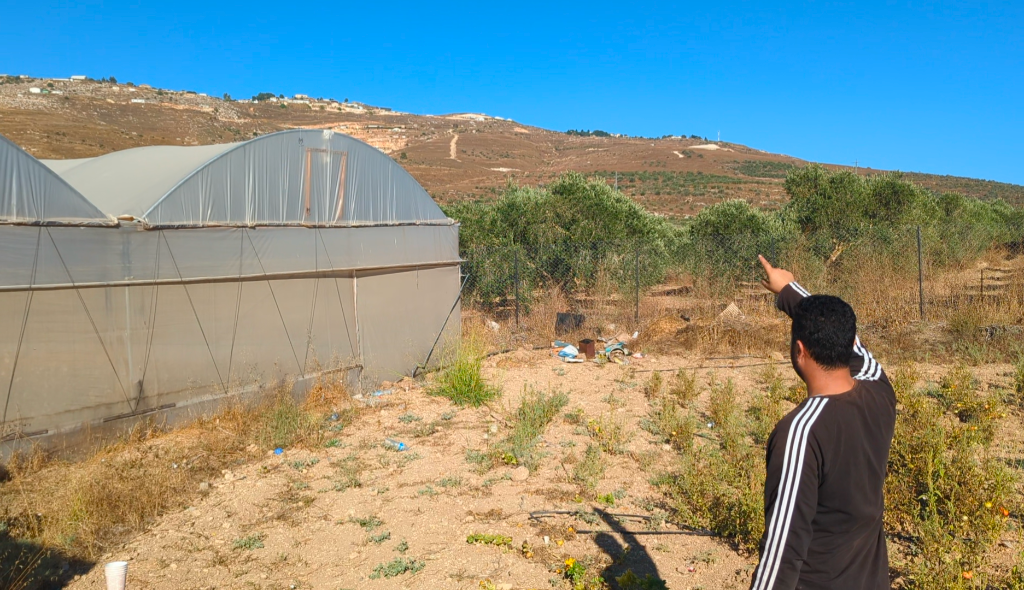
From abroad, we are often only exposed to big explosions of violence or dramatic political developments. But for Palestinians living under military occupation, violence and intimidation is a daily reality. Colonization, in this case, is not a broad theoretical debate, but a matter of being unable to work on your farm, visit family in a nearby town, or know that the land you live on will still be yours in a year from now.
